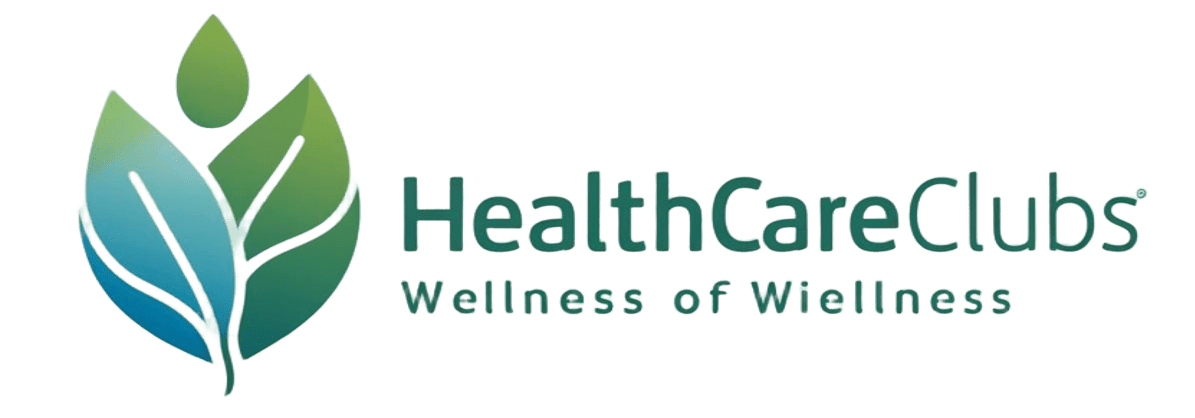Pneumonia is an infectious disease of the lungs that can occur in individuals of all age groups. Pneumonia is caused by bacteria, viruses, or fungus. The disease results in inflammation in the sacs in the lungs, complicating breathing. Pneumonia can be mild-to-moderate or severe, with some instances being life-threatening. Pneumonia symptoms may include cough, fever, chills, and shortness of breath. Medical care is needed if pneumonia is suspected, as quick treatment is essential to avoid complications.
Pneumonia is contracted in numerous ways, including by inhaling contaminated cough or sneeze droplets or by direct contact with an infected individual. Individuals with compromised immune systems, including older adults, children, and those who have ongoing health issues, have an increased risk for developing pneumonia. Precautions to prevent pneumonia include vaccination, observing proper hygiene, avoiding close contact with sick individuals, etc. If one is cognizant about the causes and risk factors for pneumonia, one can take protective measures to shield one’s own health as well as that of one’s near ones from this serious infection.
Identifying Symptoms of Pneumonia:
Identifying symptoms of pneumonia is essential to treat it at an early stage. The most typical symptoms of pneumonia are fever, cough, chills, and shortness of breath. Additional symptoms can include chest discomfort, weakness, and loss of appetite. Some individuals who have pneumonia might even have confusion or delirium. Symptoms should be noted and medical intervention sought in case of suspicion about pneumonia.
Pneumonia manifests in varying ways in varying individuals, depending on their age, health status in general, and underlying cause of infection. Older adults, for instance, might have less severe symptoms of pneumonia, while youngsters might have more serious symptoms. One should notice symptoms of pneumonia and report to a healthcare provider if one is experiencing symptoms or if one’s loved one is experiencing symptoms. Early treatment and identification prevent complications and expedite recovery from pneumonia.

Pursuing Medical Care:
If you think that you have pneumonia, it is crucial to get medical care as soon as possible. Pneumonia is a dangerous infection that needs to be treated immediately to avoid complications. Your doctor will conduct a physical examination and might perform tests like a chest X-ray or blood tests to confirm pneumonia. Your doctor might admit you to the hospital to treat you depending on the severity of symptoms and health condition.
In certain instances, pneumonia can develop complications such as respiratory failure or sepsis, for which immediate medical care is necessary. Your symptoms must be closely watched, and if you have severe chest pain, breathing difficulty, or confusion, seek medical attention. Your doctor will cooperate with you to plan treatment that could consist of medications, rest, and supportive care to treat pneumonia.
Treatment Options for Pneumonia:
Treatment for pneumonia will vary depending on the underlying cause of the infection as well as the severity of symptoms. Pneumonia can in most cases be treated with antibiotics if caused by bacterial infection. Your doctor will use suitable antibiotics depending on the organisms that have caused the infection. Ensure that you complete the course of antibiotics as directed by your doctor in order to ensure that all traces of infection have been cleared from your body. In severe cases, pneumonia is treated in the hospital with more advanced treatment. This might be needed if you have high symptoms, have high-risk complications, or have health issues that prevent you from recovering from the infection. Hospital care for pneumonia could include intravenous antibiotics, oxygen, and monitoring for symptoms. Your doctor will discuss with you what treatment is best for your needs.
Medications for Pneumonia
The most commonly prescribed medications for treating pneumonia are antibiotics. These drugs kill off the infectious bacteria and allow your body to recover from the infection. Your doctor will use the proper antibiotics depending on the bacterial type that caused the infection as well as on your health condition. It is crucial to complete the cycle of antibiotic treatment as advised by your doctor to ensure that all infections from your body have been cleared.
Antiviral medicines might in some instances be taken to treat pneumonia due to viruses like influenza or respiratory syncytial virus (RSV). Antiviral medicines prevent the virus from replicating in your body and assist in eliminating the infection using your body’s defense mechanisms. Your doctor will decide whether to use antiviral medicines depending on why you have pneumonia and overall health.
Home Remedies & Self-Care for Pneumonia:

Alongside medication from your doctor, some self-care tips and home remedies can also aid in recovery from pneumonia. Getting enough rest and keeping yourself hydrated will help your body ward off the infection. Alternatively, relief from symptoms can also be found by using a humidifier or hot showers to ease congestion in the lungs.
It is crucial to prevent smoking and secondhand smoking while recovering from pneumonia because this may aggravate your symptoms and delay recovery. You should also refrain from alcohol consumption and caffeine because such substances tend to dehydrate your body, making it harder for you to recover from pneumonia. A balanced diet with lots of fruits, vegetables, and lean proteins can also help to boost your immune system while recovering from pneumonia.
Preventing Pneumonia: Preventive measures to avoid pneumonia and keep yourself safe from this serious infection exist. The most efficient mechanism for preventing pneumonia is by vaccination against most common pneumonia-causing pathogens. The pneumococcal and influenza vaccines should be administered to individuals at high risk for pneumococcal disease, including older adults and individuals with chronic illnesses.
Practicing proper hygiene will also decrease your chance of getting pneumonia by keeping you from coming in contact with infectious microorganisms. This involves washing hands often with soap and water, keeping your nose covered when sneezing or coughing, and not being in close proximity to anyone who is unwell. Also, it is crucial to look after your overall health by eating healthily, keeping active, and monitoring for chronic illnesses such as diabetes or heart disease, how to treat pneumonia.
By being proactive about preventing pneumonia and getting medical care right away if you think that you have pneumonia, you can decrease your chances for developing complications from the infection and hasten recovery from this serious infection that affects the lungs. Knowing about the risks for pneumonia and being knowledgeable about its causes can allow you to adopt proactive measures to shield yourself and those that you care about from this serious infection.
![]()






